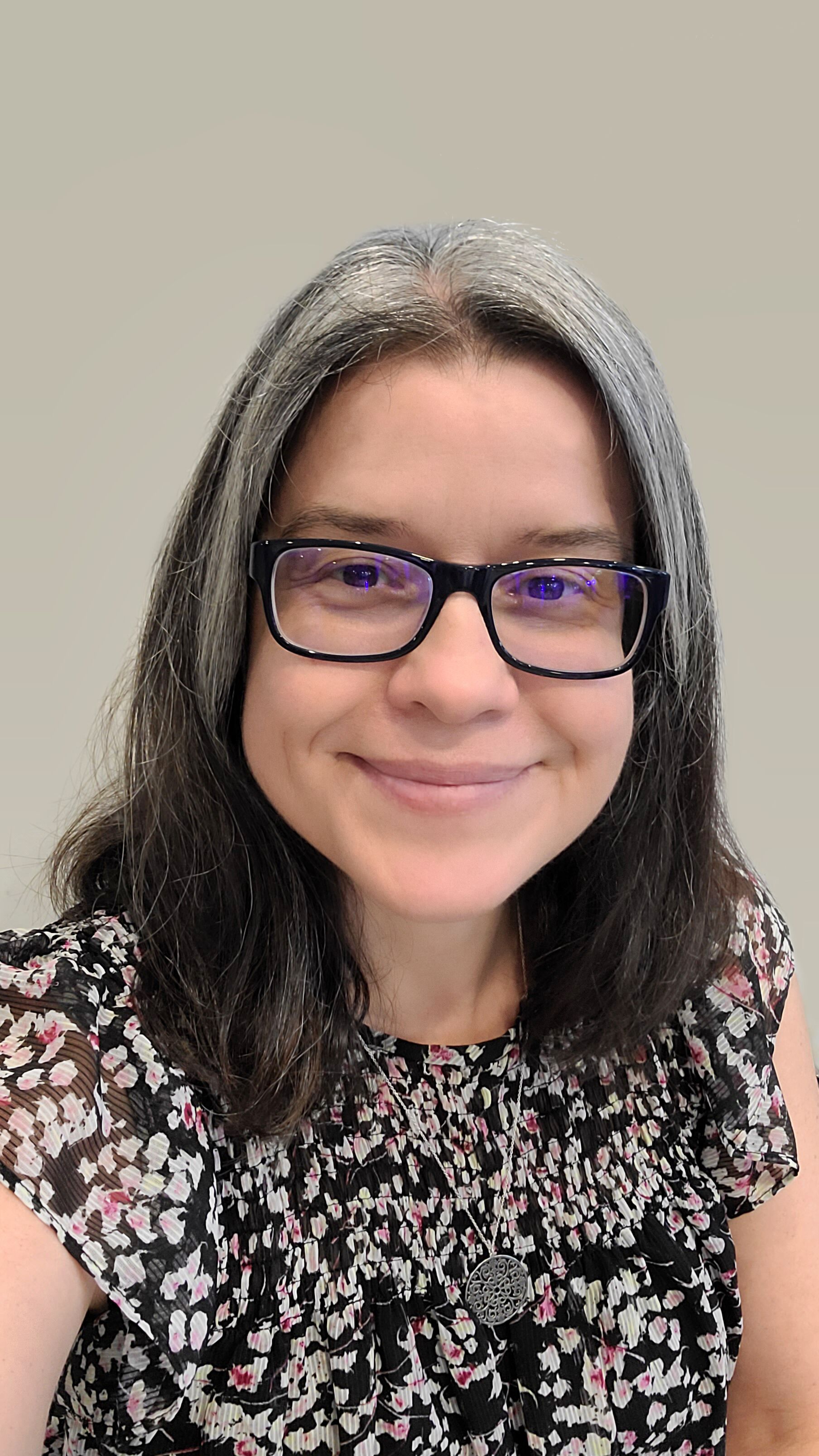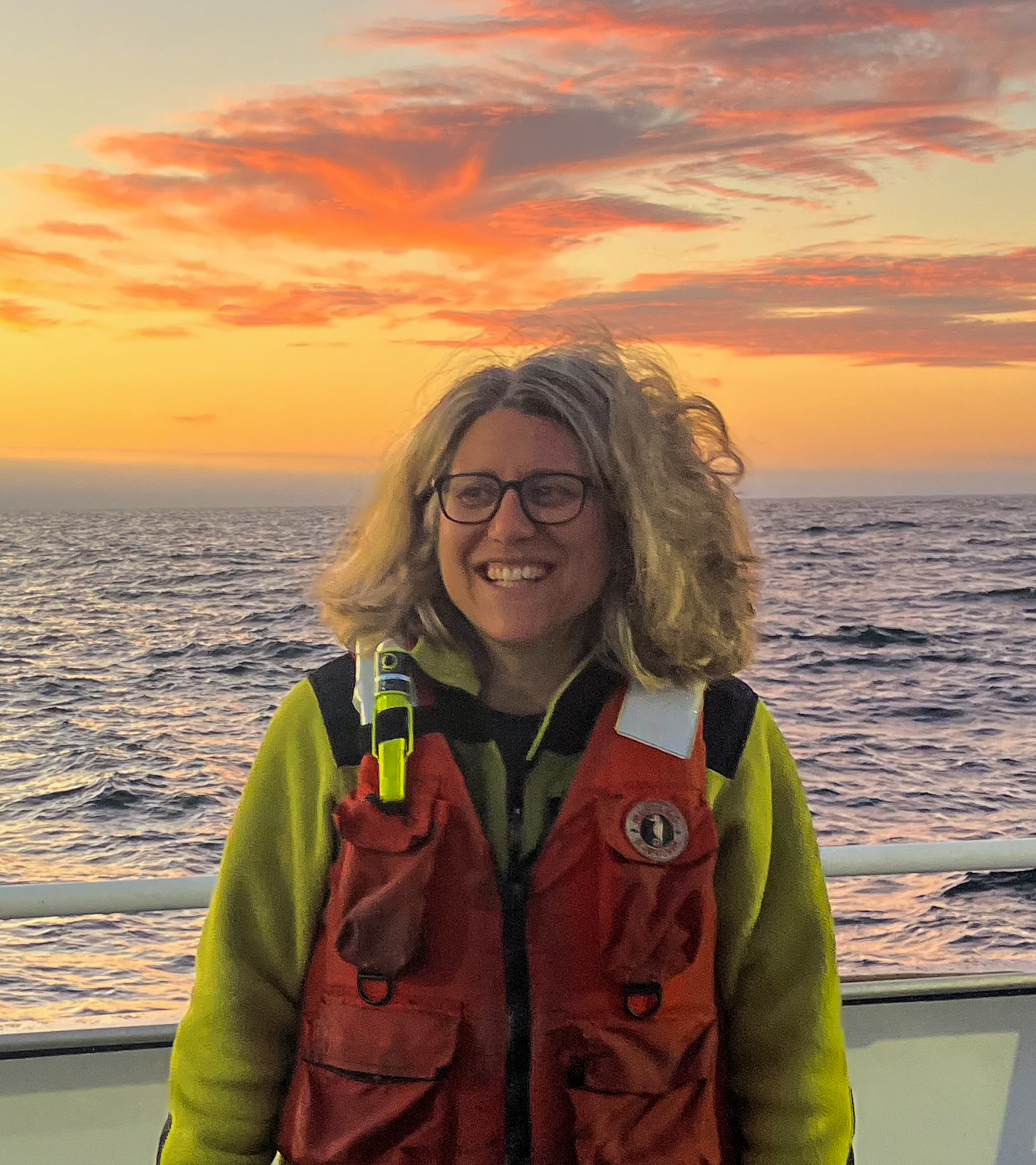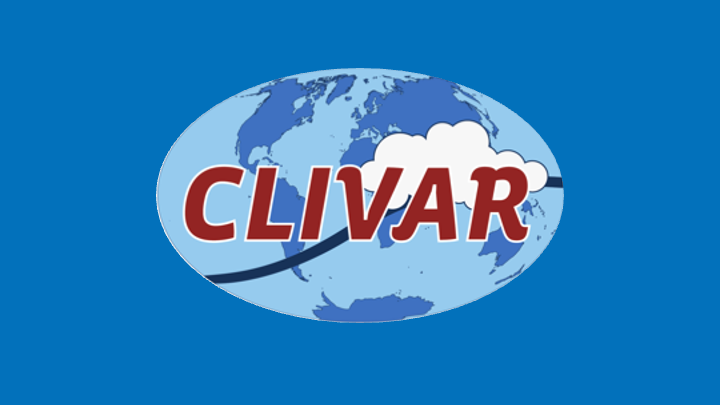20 June 2023, 16:00 – 17:30 CEST, online
Recording: https://lecture2go.uni-hamburg.de/l2go/-/get/v/66915
Recent observational advances from the South Atlantic Meridional Overturning Circulation (SAMOC) initiative
Renellys Perez (NOAA, USA)

Renellys Perez is an oceanographer at NOAA's Atlantic Oceanographic and Meteorological Laboratory (AOML), and is the Deputy Director of the Physical Oceanography Division. Her research is focused on tropical Atlantic variability and the processes that influence sea surface temperature and ocean current variability in the Atlantic, and characterizing the variability of the boundary currents and the overturning circulation in the South Atlantic and their influence on weather, climate, and sea level. She is the lead investigator of the Southwest Atlantic Meridional overturning circulation (SAM) and the Tropical Atlantic Current Observations Study (TACOS), and is the co-lead investigator of the PIRATA Northeast Extension (PNE) project. Through her collaborations with NOAA and national and international scientists, she understands the importance of developing an all-Atlantic observing strategy to tackle important problems like the Atlantic overturning circulation. She has participated in various national and international panels including the US CLIVAR Phenomena, Observations, and Synthesis panel (member 2014-2015, co-chair 2015-2017), US AMOC Task Team 1 (vice-chair 2014, chair 2015), SAMOC Executive Committee (member 2020-present), AtlantOS Steering Committee (2021-present), and the PIRATA Scientific Steering Group (2022-present). She received a Ph.D. in oceanography from Oregon State University in 2006, and was a National Research Council research associate from 2006-2008. She is passionate about building a more diverse and inclusive science community through mentorship and outreach.
Abstract
The South Atlantic is a key gateway for water mass and property exchanges between the Atlantic and other basins, and is thus a crucial place to measure changes in the Atlantic Meridional Overturning Circulation (AMOC). The international South Atlantic Meridional Overturning Circulation (SAMOC) initiative has made numerous advances in observing the variability of heat, fresh-water, and volume (mass) transports by the AMOC in the South Atlantic, as well as studying their connection to interocean exchanges, over the past fifteen years. Moored arrays established in the tropical and subtropical South Atlantic have been transformative for AMOC science, providing continuous daily observations of AMOC, as well as interior and abyssal transport pathways. Recent hydrographic sections provide exciting results about the interplay between eddies and volume, heat, and fresh-water transports by AMOC. Multi-decadal satellite-based products and blended satellite-in situ products provide new information about the connectivity between AMOC variations in the South and North Atlantic, and provide opportunities for cross-validation of mooring-based AMOC observations. SAMOC observations are being used to validate and inform improvements to state-of-the-art numerical models, so that models can improve and provide better insights on the dynamical mechanisms driving AMOC variations in the South Atlantic. As SAMOC data records become longer and new observations coming online, we anticipate that their use by the community will increase spurring new research advancements. During this presentation, we will summarize key findings from ongoing SAMOC observing efforts, and describe expansions to the SAMOC observing system, and discuss some ways in which the observing system might evolve in the future.
Slides: https://doi.org/10.5281/zenodo.10044065
GOHSnap: Updates from the field
Jaime Palter (University of Rhode Island, USA)

Jaime Palter is an associate professor of oceanography at the University of Rhode Island. She studies ocean circulation and biogeochemistry, focusing on the transport of heat, carbon, and oxygen through the ocean and across the air-sea interface. To do this, she collects new observations with moored and autonomous platforms, including Saildrones and Seagliders, and combines them with thee vast archives of historical hydrographic and satellite data. She leads the Gases in the Horizontal and Overturning circulation of the Subpolar North Atlantic (GOHSNAP), which added oxygen and pCO2 sensors to the OSNAP moorings in the Labrador Sea.
Abstract
Over the last century, the ocean has become steadily more depleted in oxygen while also absorbing about 25% of the anthropogenic carbon dioxide added to the atmosphere each year. Therefore, observing gas uptake and transport processes is essential for understanding and predicting the evolution of the ocean and climate system. While it is often assumed that a slowdown in the AMOC will lead to deoxygenation of the deep ocean and a decrease in the uptake and storage of carbon, we have never had observations sufficient to test these assumptions. In this talk, I will describe a collaborative project called Gases in the Overturning and Horizontal circulation of the Subpolar North Atlantic Program (GOHSNAP), in which we deployed oxygen sensors over the full depth of OSNAP moorings in the Labrador Current and on both sides of Cape Farewell, Greenland, and pCO2 sensors at few key locations near the ocean's surface. We are using these additions to the moored array to investigate the rates and processes governing gas exchange and separate the role of the overturning and horizontal circulation on the export of gases from the Labrador Sea. The first gas sensor data from this program was recovered in summer of 2022, so the emphasis of this talk will be on the hydrographic data that led to GOHSNAP's hypotheses, tips and tricks for collecting oxygen data on moorings, and a sneak peek of preliminary results.
Slides: https://doi.org/10.5281/zenodo.10044030
Organizers
The webinar series is coordinated by the CLIVAR AMOC Task Team in collaboration with EPOC.
The webinars are hosted by the Universität Hamburg.
AMOC Webinar Series
This webinar is part of a series of AMOC webinars leading up to the Workshop on Meeting AMOC Observation Needs in a Changing Climate.

